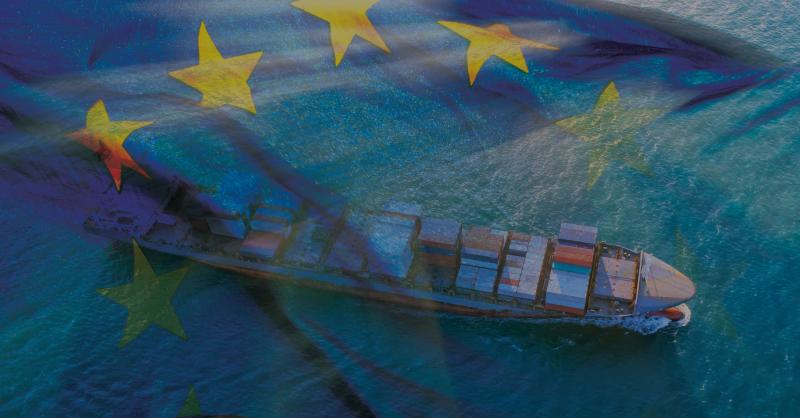Praise for SkillSea during European Shipping Week 2020
The SkillSea project to ‘future-proof’ European maritime skills was praised by a member of the European Parliament during a top-level event in Brussels. Details about the important four-year project were presented to an audience at the European Shipping Week’s ‘waves of change’ session, which addressed the impact of technological advances on shipping and seafarers.
SkillSea project team member Lidia Rossi explained how it is seeking to give EU maritime professionals the skills they need for the sector’s rapidly changing labour market. Hans Petter Hildre, from NTNU in Norway, told the meeting that the SkillSea project has been investigating skills needs and a survey of more than 1,140 seafarers and 474 shore-based personnel had identified the need for new digital skills — including handling Excel sheets and transferring data from one system to another.
The project has also gathered the view of key players in the European shipping industry, he added, and the feedback provides ‘a clear message that seafarers will have very different work in the future’. SkillSea will help to develop new training programmes to keep pace with the dramatic advances in onboard technology and new ‘green’ propulsion systems, he said. The project will deliver the skills needed to adapt to increasing globalisation and to ensure that strong maritime clusters remain in Europe.
Susie Bogojevic-Simonsen, legal affairs and internationalisation manager at SIMAC, Denmark, told how the SkillSea project is developing educational packages in response to the findings about skills gaps and skills needs, with an emphasis on transferability, sustainability and adaptability. The project is seeking to boost cooperation between the industry and educational institutes, she added, and also aims to improve the ability of seafarers to transfer from seagoing to shore-based employment.
Maltese MEP Josianne Cutajar said the SkillSea project ‘is a great example of what can be achieved’ through the EU’s Erasmus education and training programmes. ‘It ties the knots absolutely between the industry, the authorities and the whole education system,’ she told the meeting. ‘Policy-makers need to respond and provide the right incentives and opportunities to attract more talent to the maritime sector.’

